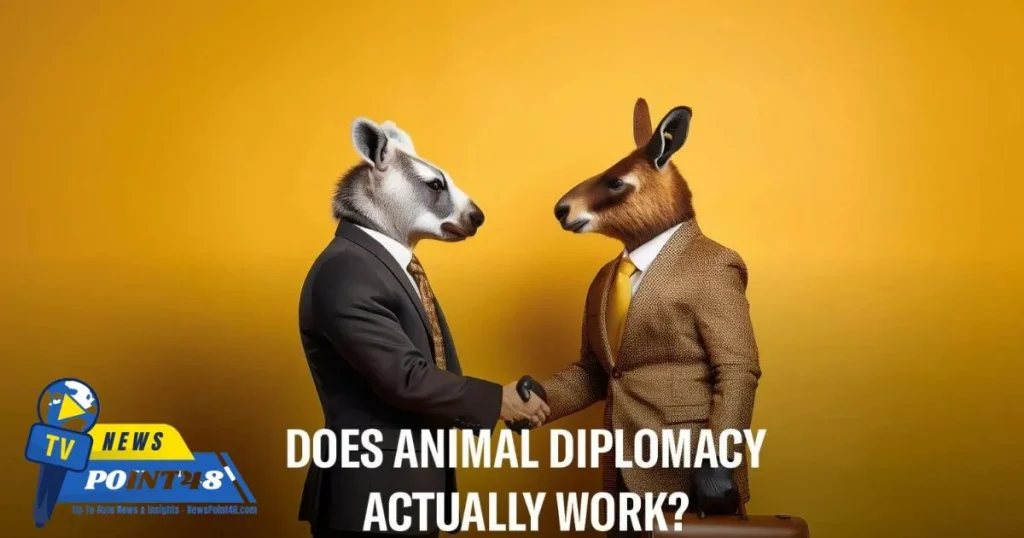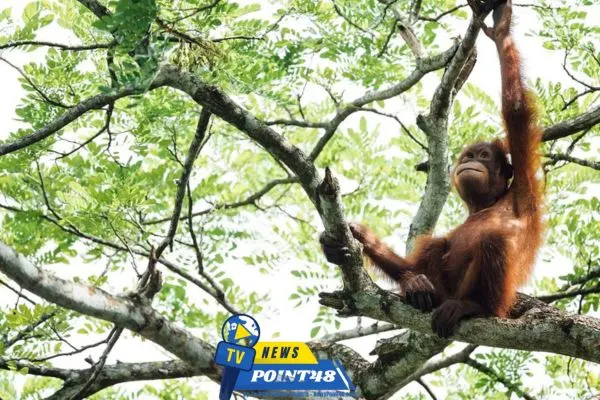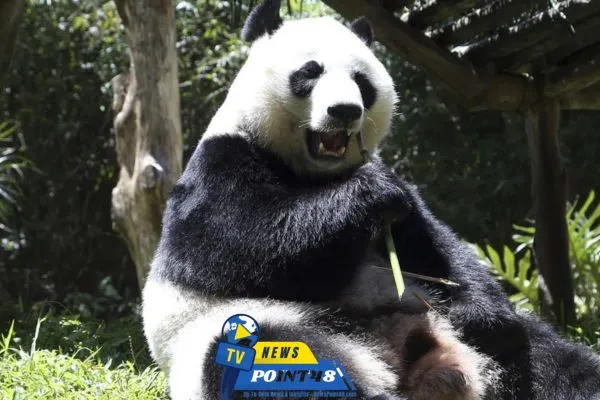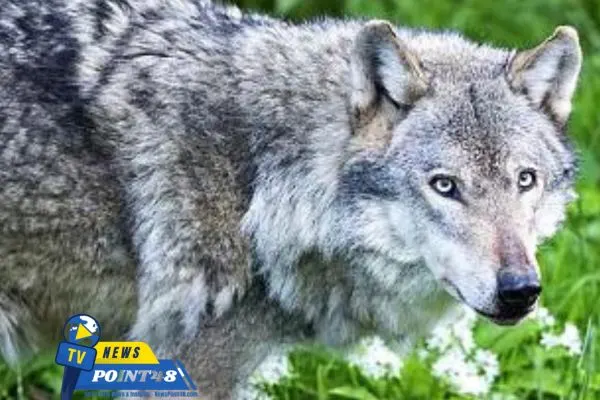
Animal protection groups have long been concerned about the recent practice of “animal diplomacy.” Since time immemorial animal diplomacy — when nations present rare, exotic beasts as gifts to another nation in friendship or cooperation — has functioned as a soft power tool between countries. Nonetheless, conservationists insist that this practice is both outmoded and completely divorced from reality, as well as being hugely harmful to the animals caught up in it.
Amidst these challenges, this article will take a closer look at why wildlife protection organizations are demanding the halt of animal diplomacy and how what once seemed an innocent tradition is becoming worrying for both animal welfare practices and biodiversity.
What is Animal Diplomacy?
In the trade of animal diplomacy, one country will give or lend a rare or endangered species to another as a presentory act. An iconic one is China’s panda diplomacy — the practice of loaning giant pandas as a symbol of friendly diplomatic relations between nations and signatories. The practice expanded to members of other species–everything from elephants, giraffes, and exotic birds–traded between nations for their diplomatic strategies.
Although the idea may seem harmless at first glance, wildlife protection organizations claim that what happens behind the scenes is far from it. However, zoos fall short because the animals often suffer during transportation, have difficulty acclimating to new habitats, and sometimes just become a foreign zoo tourist attraction instead of a conservation ambassador.
Where Diplomacy Collides with Conservation

Wildlife protection groups, including well-known organizations such as the WWF (World Wildlife Fund) and Born Free Foundation, believe that animal diplomacy is ultimately at odds with conservation efforts. The spotlight on animal diplomacy flags larger systemic problems like deforestation, poaching, or biodiversity loss of these species in the wild.
Rather than investing in real conservation initiatives — like habitat protection, antipoaching, and community engagement — governments prioritize these showy exchanges. The upshot is that resources are deflected from what works, putting the species at continued risk.
Animal diplomacy is an anachronism, according to Dr. Mark Jones, head of policy for wildlife charity the Born Free Foundation “completely divorced from what these species need to flourish and survive,” he said. Governments must now turn their attention to their most pressing duty of safeguarding animals in the wild.
Ethical Conundrums: Animals Loses Their Welfare
This also outlines greater ethical questions of animal welfare and diplomacy. It can even be life-threatening when transporting animals that are large or exotic a long way. Thousands of animals cannot adapt to different climates, housing, and feeding conditions, with many suffering related health issues or passing away prematurely.
For example, Pandas are native to the temperate forests of China and while they are traditionally gifted by countries with the best intentions, many times they struggle to adapt to their new environment. Zoos try as they might to recreate the natural conditions of animals, but they will never truly measure up to all the aspects that are integral to real life in the wild. Other animals — such as elephants and birds, who are gifted in the name of diplomacy are often subjected to isolation, lack of space, or improper care in foreign zoos — stand to face similar concerns.
One of the primary arguments lobbied against keeping wild animals as pets — or rather selling them for exotic pet ownership — is that species are being treated as commodities instead of complex creatures with the same needs other living beings have. The stress of such exchanges, which were incredibly common pre-COVID for animals like chimpanzees, is exacerbated by the fact that they are often being done at zoos or sanctuaries that can not care for these animals long-term. But the animals are made to suffer for this,,, and that has a direct impact on the morality of inflicting such suffering.
Impact on Global Biodiversity

Animal diplomacy not only harms individual animals but both cannot be forever reckoned with the volatile decay that trans-locates species across bio and geo-spheres. Exotic species removed from their native habitats can no longer contribute to ecosystem equilibrium. In threatened species, removing relatively small numbers of live organisms can decrease the population significantly, therefore drastically lowering species’ ability to regenerate in a viable manner in the wild.
Conservationists say that wildlife protection groups offer these animals without sufficient consideration for captive breeding, reintroduction, and sustained conservation. The conservation breeding programs that are rampant in several institutions involved in animal diplomacy might help with populations, but they do not necessitate working towards solving the problem of biodiversity loss in their habitats.
Animal diplomacy is a problem because it effectively boils down to seemingly one-off deals about the free movement of individual animals — as isolated beings, removed from their ecosystems where they perform vital ecosystem functions,” said Maria Williams, conservation researcher. This does not help them as a species in the long run by relocating them to foreign lands.
A Path Forward: The Need for Diplomacy as a Conservation Tool
With such concerns in mind, various wildlife protection groups are pushing for a shift from animal diplomacy to conservation-based diplomacy instead. Instead of paying animals as goodwill symbols, governments should spend those diplomatic resources on initiatives that influence real things in conservation — things like collaborative habitat restoration projects, or joint anti-poaching campaigns and scientific research.
This could, for example, enable countries to team up in contributing to wildlife conservation funds, and will help in the preservation of endangered species from them being captured as bushmeat. Alongside protecting biodiversity, these measures could spur collaboration on other critical environmental challenges such as climate change and deforestation.
Additionally, one might argue that the resources zoos and wildlife sanctuaries have directed to animal diplomacy could be redirected elsewhere — specifically to breeding and reintroduction programs focused on rebuilding wild populations as opposed to maintaining captive collections of exotic animals to attract public visitors.
Awareness among the Public and Zoos

The question is in the realm of public perception and how it has enabled animal diplomacy to persist. Some zoos take part in these exchanges as part of their conservation programs, further pushing the narrative that they have a responsibility to provide wildlife for visitation (and hopefully inspiration) by the public. But wildlife protection groups say education is not enough unless the animals are tied to the larger conservation cause.
Animal welfarists like PETA and Humane Society International have argued for the public to be educated more about what goes on with animal diplomacy, and whether or not it is ethical to use animals as bargaining tools in diplomatic settings. They aim to change public opinion and encourage politicians and zoos to reconsider participation in these swaps.
In this new era of wildlife conservation, animal diplomacy is seen as increasingly anachronistic and irrelevant. The chorus of conservationists sounding their warning grows louder and the writing is on the wall; tokenism will no longer suffice when real conservation is required. Zoos, governments, and the general public must be made to understand that protecting animals where they belong is the sole method by which sustainability exists; not as diplomatic commodities.
